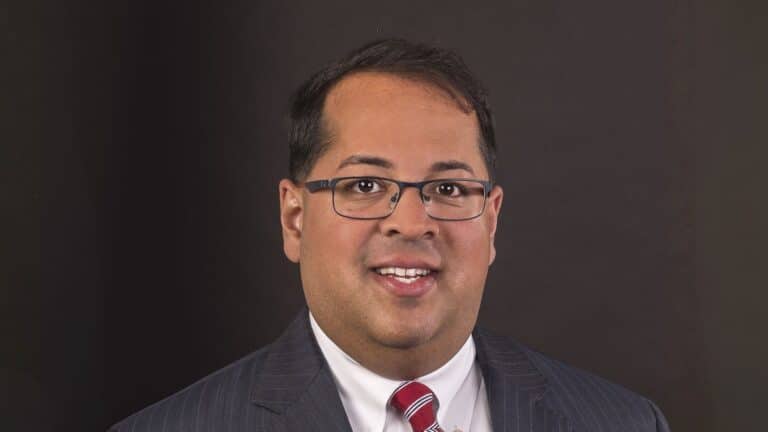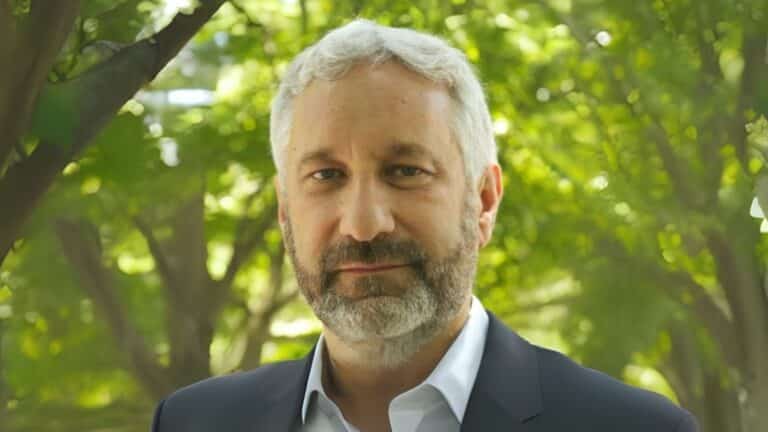‘Toothless’ sanctions
Why the world’s largest waste management company made a $3 billion bet on the US.
Current Access Level “I” – ID Only: CUID holders, alumni, and approved guests only
Climate change is gaining attention fast in Congress as the Green New Deal makes waves. It’s a top priority for Democrats, although they may differ over the exact approach for curbing carbon emissions. And even among Republicans there seems to be more talk about backing cleaner forms of energy.
In this edition of the Columbia Energy Exchange, host Bill Loveless sits down with Representative Paul Tonko, the chairman of the House Subcommittee on Environment and Climate Change, the place where legislation on climate change begins.
In fact, the New York Democrat is well on his way to crafting bills. He’s unveiled a set of principles that will guide his actions and laid out a two-part strategy for legislation, starting with relatively modest measures with potential for widespread support, and then moving on to greater challenges, like putting a price on carbon.
Bill met with Chairman Tonko in his office the other day, amid a flurry of activity over climate change at both ends of Congress. Senate Republicans had just voted to reject the Green New Deal even as a leading Republican announced legislation for a New Manhattan Project for Clean Energy. And in the House, Speaker Nancy Pelosi was spotlighting a measure reaffirming the United States’ commitment to the Paris climate agreement.
Bill asked the chairman what he made of all this and how he intended to navigate his way forward on this controversial issue. They talked about the Green New Deal, his legislative intentions, his look back on past attempts by Congress to deal with climate change, and his very personal insights into the phenomena taking place.
The Federal Energy Regulatory Commission (FERC) regulates the United States’ energy transmission, pipeline networks, and wholesale rates for electricity. For much of its history, FERC was a little-known...

Around the globe, and here in the United States, energy markets face huge uncertainties. They include everything from rising geopolitical tensions to a wave of new liquefied natural...

Elected officials face huge challenges when it comes to energy policymaking. They have very little time to learn complicated, nuanced issues. They're bombarded by information — some of...

The ten years since the Paris Agreement was signed at the UN Climate Change Conference, COP 21, have been the ten hottest years on record. And the outcome...

Last month, the Trump administration imposed fresh sanctions on Russia’s two largest oil companies, Rosneft and Lukoil, signaling a renewed desire to drive Moscow to the negotiating table in its war against Ukraine. But although these measures have the potential to harm the Russian economy, just how much damage they inflict will depend largely on one actor: Beijing. China bought almost half the oil Russia exported in 2024, evading Washington’s existing restrictions in the process. And new sanctions alone will do little to push China into significantly reducing its purchases.


Connecticut needs an honest debate, and fresh thinking, to shape a climate strategy fit for today, not 2022.

President Donald Trump’s impulsive, go-it-alone approach is uniquely ill-suited to the long-term and cross-cutting nature of the challenge that China poses.
